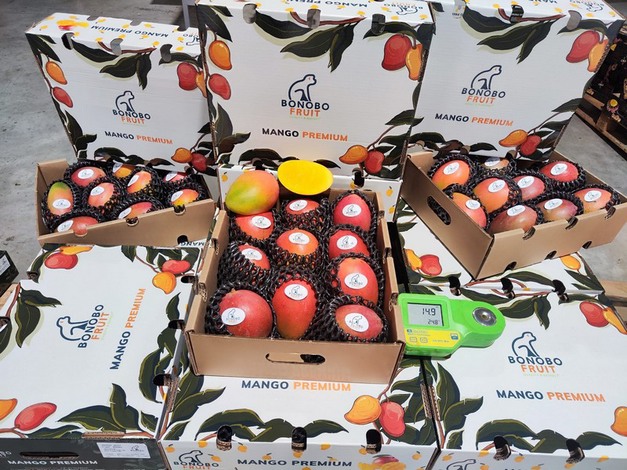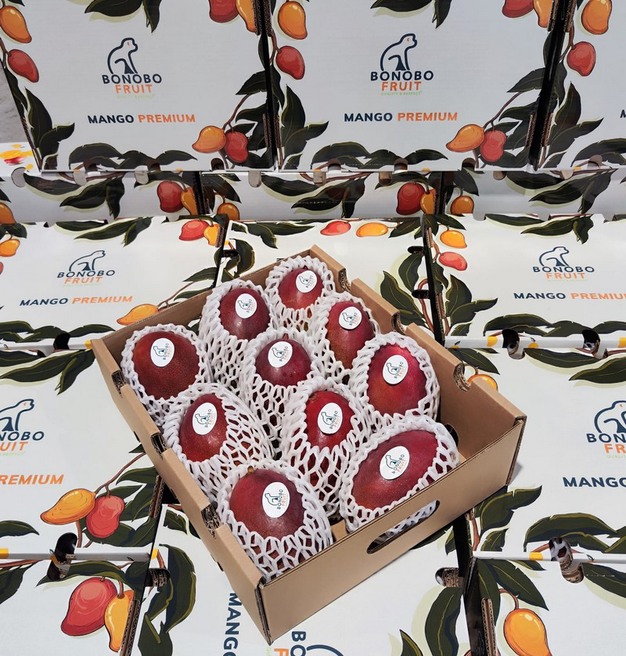The Spanish mango season came to an abrupt end, forcing marketers to switch to imported fruit much earlier than in other seasons, in a year in which "conditions in the import market are quite difficult because of an overall lack of supply," said Aldo Colella, manager of the Malaga-based company Bonobo Fruit, which is specialized in tropical fruit.

"Right now we are importing mangoes from Brazil, paying a rather high price because there is not much supply there either; but since the supply is lower than the demand, there are no problems when it comes to selling them. Right now, in the European countries where I market the fruit, mainly Spain, France and Belgium, there are few alternatives and plenty of price speculation."
"When it comes to Peruvian mangoes, some say that this year will be catastrophic due to climatic phenomena. There has been no winter, so the flowering has been really bad, and the production is said to have fallen by 80-90% in the country's largest producing area, near the border with Ecuador. We still don't have a lot of information from Africa, because Côte d'Ivoire will only start in May/June, so for now we are focusing on Brazil and on increasing shipments by air. In any case, we are open to supplying fruit from any origin and variety, as wholesalers, distributors or large supermarkets are currently willing to accept any alternative in order to keep mangoes available."

"In fact, although the Kent is the most imported mango, because it is the most accepted by consumers and retailers in the European market, varieties that are not widely marketed because they have a lot of fiber, such as the Tommy Atkins or even the Brazilian Palmer, are selling very well," says Aldo.
Mango consumption has been growing in Europe and the fruit is available all year round, but according to Aldo, consumption usually peaks in the autumn/winter, similarly to what happens with avocados, because in the summer there is a wider range of fruit in Europe; therefore, efforts are mostly going to ensuring a good market supply at this time of higher demand.
"As for avocados, last year was an off year, with a short campaign which was already finished by mid-March. Despite the drought, brokers say that there could be more fruit this campaign. It should be recalled that in addition to La Axarquia, the crop is also grown in the area of Motril and Cadiz, as well as in Huelva, where new large farms have been developed that are yielding large volumes."
"Despite the growth, the Spanish avocado supply is not enough to meet the European demand, so we will have to rely on other origins, like Morocco and, as always, Peru, although it remains to be seen what they will be able to offer this year," says Aldo.
 For more information:
For more information:
Bonobo Fruit
Ctra. A-7206. Km. 2
29750, Algarrobo, Malaga, Spain
Tel.: +34 692 861 001
info@bonobofruit.com
https://bonobofruit.com
